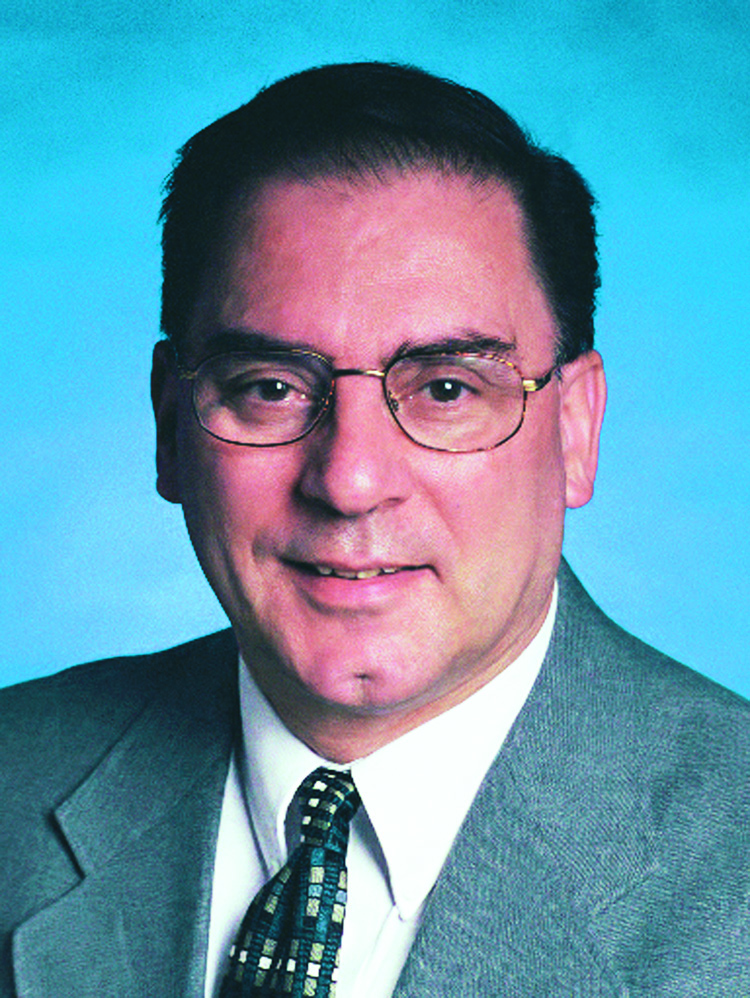
Philip Boudjouk, vice president for research, creative activities and technology transfer, has been named board chair for The Coalition of EPSCoR States. The coalition is a group of 27 states, as well as Puerto Rico and the U.S. Virgin Islands, and is dedicated to increasing research competitiveness and promoting scientific and engineering research and education. The nonprofit group also works to develop opportunities for research-related activities among its members, the private sector, government agencies, universities and not-for-profit research institutes.
North Dakota is among the 27 jurisdictions that are designated by the National Science Foundation to participate in the Experimental Program to Stimulate Competitive Research (EPSCoR). Boudjouk will lead the 13-member coalition board for a two-year term. In his role as chair, he provides leadership and direction to the coalition’s activities. He also serves as the coalition’s liaison to federal agencies and non-profit institutions such as the American Association for the Advancement of Science and provides testimony to Congressional committees.
In North Dakota, EPSCoR provides funding for research infrastructure such as high performance computing, equipment for research programs, funding for new researchers, financial support for undergraduate and graduate student research, funding to provide technology expertise to businesses in the state, and funding for research in conjunction with North Dakota’s tribal colleges. A positive economic impact of $433 million has occurred in North Dakota due to the $188.4 million awarded to EPSCoR-supported researchers since 1986.
Boudjouk previously served as chairperson for The Coalition of EPSCoR States from 2000-01. Boudjouk also served as project director for the North Dakota EPSCoR from 1992 to 2000.
The ND EPSCoR program is widely recognized for its success in promoting and administering millions of dollars in federal contracts with research faculty throughout the North Dakota University System. In 2008, ND EPSCoR received a five-year, $15 million grant to support scientific research activities in the state.